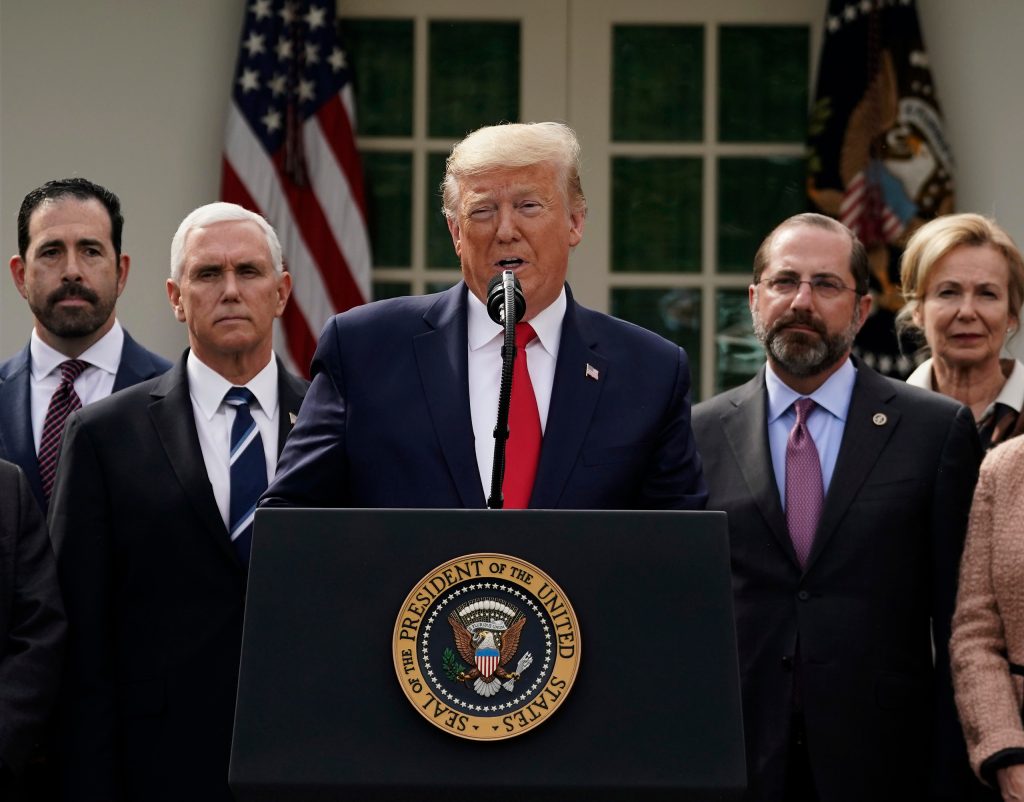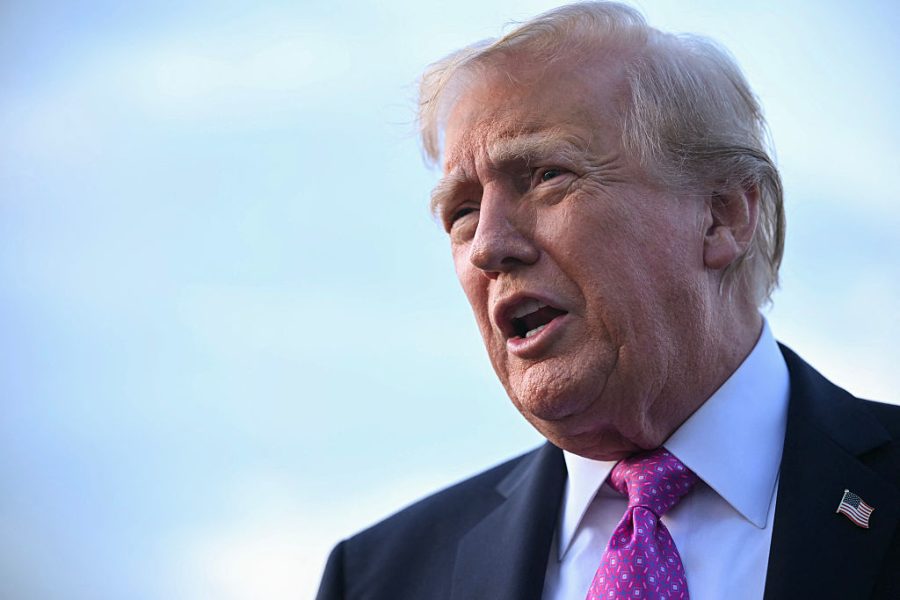President Trump announced on Friday that the country is now in a state of emergency, due to the rapid pace of the COVID-19 novel coronavirus and its spread. Such a declaration escalates the federal government’s ability to respond to the virus, via the access of billions in funds that can be dispersed to state and local governments in need of additional financial assistance to accommodate robust public health responses.
But the declaration was made too late. While we have the ability to contain this outbreak effectively with international coordination, the failures of the Trump administration to respond more quickly is troubling.
The scandal, though, should focus mainly on the Centers for Disease Control and Prevention (CDC) and the agencies of the Department of Health and Human Services (HHS). Health and Human Services Sec. Alex Azar oversees a cabinet agency that has never truly responded to public health disasters in a fashion that fully matches the needs of American citizens.
To be fair, HHS has undergone an administrative reform across its constituent agencies to best determine the balance of public-private interactions on product and behavior regulations. This, however, is a limited note of positivity. COVID-19 is further exposing the shortcomings of the department and its collective ability to manage a multifaceted response to a public health emergency.
Dr Anthony Fauci, the director of the federal National Institute of Allergy and Infectious Diseases, has openly admitted that the Trump administration has failed in the testing efforts to determine COVID-19’s spread and to apply the results to the mitigation efforts.
President Trump and Vice President Mike Pence announced that testing will be a quick and accessible process. Pence, specifically, said that ‘roughly 1.5 million tests’ will become available for state health systems in a very rapid timeframe. Unfortunately, public calculations and various journalistic investigations have proven that this promise from Pence has gone unheeded, with only a few thousand people tested.
The Trump administration and HHS are to blame for this failure.
The Food and Drug Administration (FDA) has strict guidelines for testing that systemically delay the distribution of tests to state and private labs. The agency released guidance on February 4 that regulates the process in which COVID-19 tests are carried out; the standard Emergency Use Authorization is intended to expedite the speed of the test approvals, notes ProPublica. However, it actually made it impossible to meet the demand for tests because the CDC is required to rerun all tests conducted by public health labs to ensure the accuracy of findings. The CDC said that the total tally of tests is severely lagging due to this design
CDC data also now reports presumptive positives with confirmed cases of COVID-19. Reporting both presumptive and confirmed cases is a troubling action given the lack of credibility the CDC has been victim to in recent months. COVID-19 is admittedly a fast-acting respiratory virus capable of rapid reproduction and adaptation, but this doesn’t justify the inability to accurately report testing results and distribute tests in a timely manner.
During the recent non-communicable outbreak of the e-cigarette and vaping lung injury (EVALI) that impacted thousands of people, the CDC and the HHS agencies mobilized in a fashion that would normally be reserved for an actual infectious disease. In the process, they proved their inability to properly respond to public health crises.
EVALI is characterized as a pulmonary injury caused by excessive irritation of lungs and other components of the respiratory system. This injury has claimed many deaths, and demonstrates the potential implications of private enterprises losing consistency for standards in product and consumer safety. CDC began treating this crisis as a matter of great importance, but misidentified the problem during the peak outbreak as nicotine-related rather than the fault of illegal tainted THC vape cartridges. The EVALI injury response showed the worst of the CDC and its work to provide timely and accurate information and tools.
The CDC’s response to EVALI was so poor, some became suspicious that there was a covert agenda to make nicotine the culprit to shore up support for President Trump’s plan to ban flavored vapes. It became evident that the CDC and the agencies under Secretary Azar serve as bureaucratic monstrosities that limit progress on even the most pressing of matters.


























